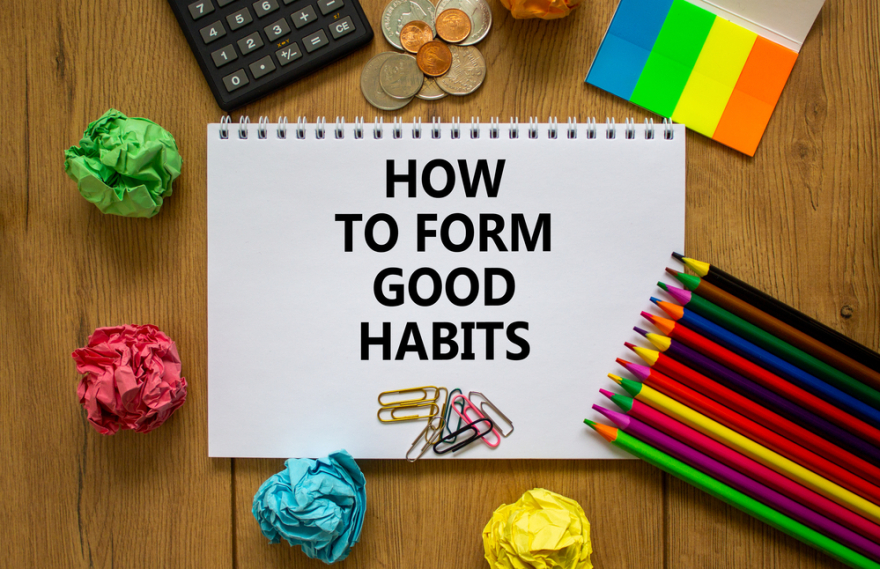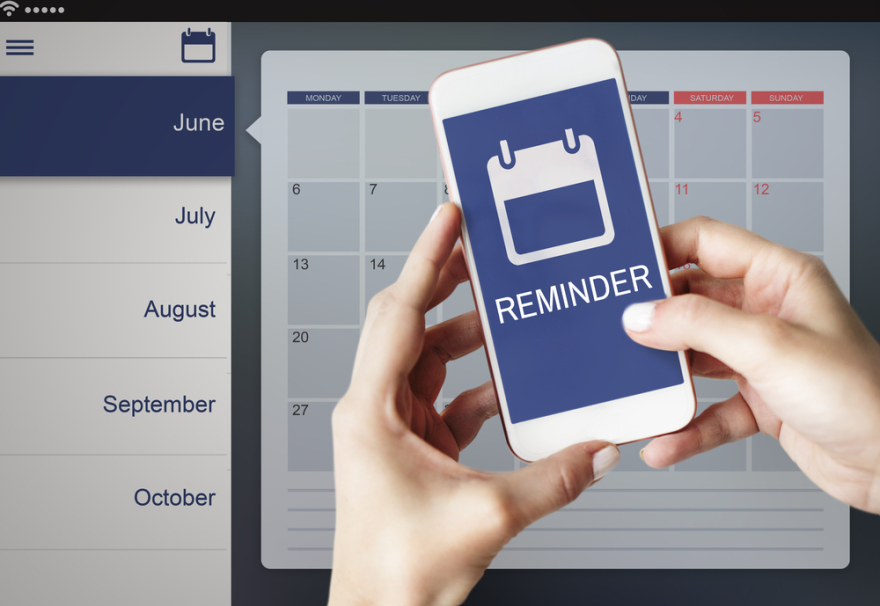Habits make you who you are and are a large part of the personality you portray to the world. Your habits are a display of your beliefs and daily practices. If you know your belief system is not supporting you, changing your habits can be an effective way to reframe them.
Habits form over time and become automatic when you repeatedly engage in the behaviors. There are habits or behaviors, good and evil, that you don't even have to think about because you've been doing them for a long time. Habits are a product of repetition and learning, a point wherein a behavior does not need conscious attention.
How Do Habits Form?

Habits are a standard part of our life that play a crucial role. Habits are formed on a psychological and physiological basis. Several times, we do a specific behavior that triggers connections in our nervous systems that affect other sensory and motor actions. This is the essence of so-called 'muscle memory.'
These connections are further enhanced and strengthened as the triggers are repeated and responses are obtained. In the psychological aspect, habits are formed through learning and retaining what we've learned.
Science has shown the cycle of how habits work. There are 3 R's of habit formation—Reminder, Routine, and Reward. It is also known as the habit loop. Understanding how habits form and work can help you form better habits to make better changes in your life.
The 3 R's of Habit Formation or The Habit Loop
- Reminder

A reminder pertains to the cue or trigger that prompts the behavior. A reminder can be a piece of information that predicts the reward or what you would get from a specific action. It could be a material reward, such as money, or intangible benefits, such as approval from someone or a personal sense of satisfaction.
When you want to create a new habit or break an old one, it is a fact that you are bound to fail if you rely solely on your willpower and motivation. Relying on memory to do a new behavior will also not cut it. It would help if you had a working reminder that will prompt you to do the new behavior that you want to develop.
Say, for example, you want to improve your reading habit. You could try to do it while drinking your morning coffee (or afternoon tea). Drinking coffee or tea is something you already do, so it can be a compelling reminder that you should read a new chapter of a book.
- Routine

Routine refers to the action itself. You have to repeat the behavior many times until it becomes automatic. There is no magic number of times you must repeat a behavior before it takes hold as a habit. But as you begin to form a new habit, what is essential is that you stick to it.
You may have several new habits you want to develop. The best way to go about this is to start small. Begin with practice so easy you won't be able to say no. So, to develop a better reading habit, you can start with a few pages daily or one chapter at a time. Be consistent and build up your performance. From there, you can increase the number of chapters you read or the frequency of your reading time per day.
- Reward

You won't be able to stick to doing something if there is nothing in it for you. The reward is the benefit that you obtain out of doing the behavior. The prize doesn't have to be grand - as long as it is positive, it will help you keep going with the new habit you're trying to form.
It can be simply talking to yourself in the mirror and saying, "You did well!" Then, you can choose your reward and celebrate your milestones and small victories. But, if you surpass your initial target, it's even better - go and reward yourself.
There is no shortcut to making new habits. It takes a lot of hard work—understanding how a pattern forms and what the habit loop entails will help you stay on track. You may need trial and error to devise a compelling reminder that will prompt you to do the behavior.
Then, you can get started and be consistent to make the behavior a routine. Keep track of your progress and reward yourself for every small victory you achieve. Good luck and cheers to a better you!
In my own experience, I had successfully created a habit of walking in my neighborhood every morning for 30 minutes. I was pretty proud of myself while I was engaging in that behavior.
I fell out of my routine, and as a result, I haven't walked for over a month. I recently put an app on my phone to remind me of the importance of going out for a walk. I need to reengage in that practice for my health and my sense of well-being.
What habit do you need to pick up to feel better about yourself? Maybe it's time to consider if there is a new habit that you want to pick up or if you want to drop a bad habit that is doing your harm.
Until next time.